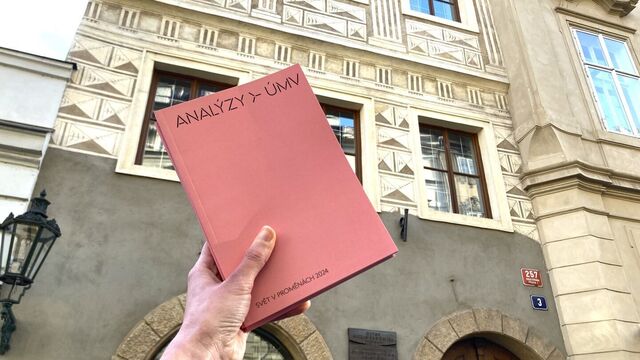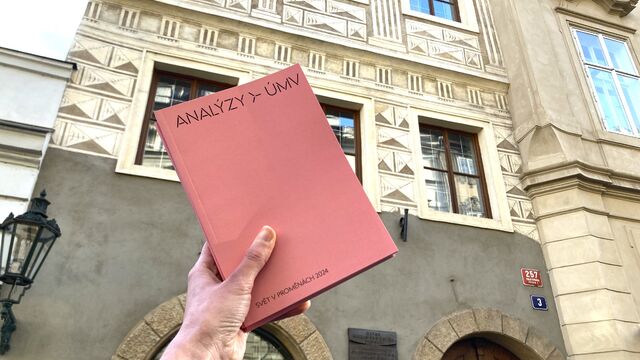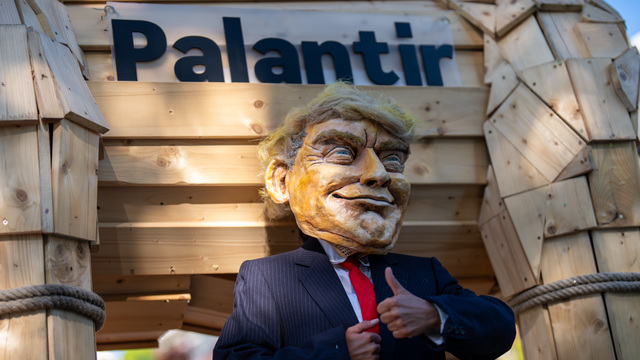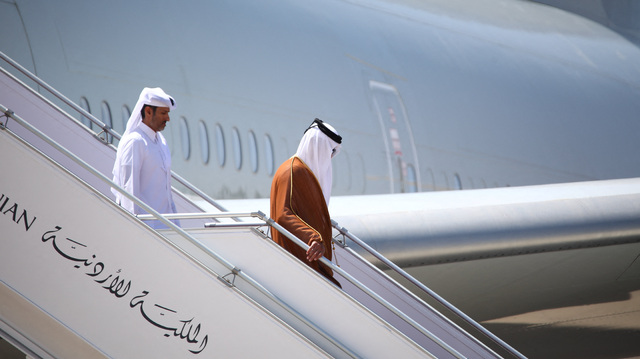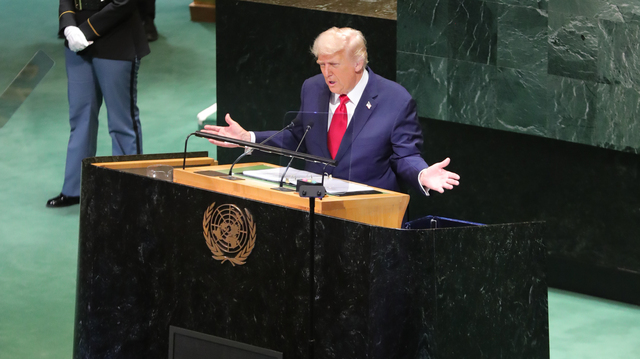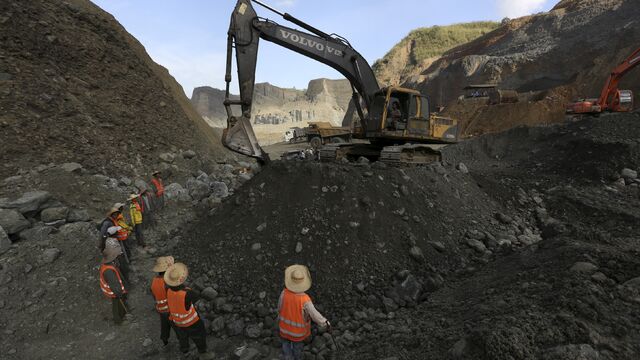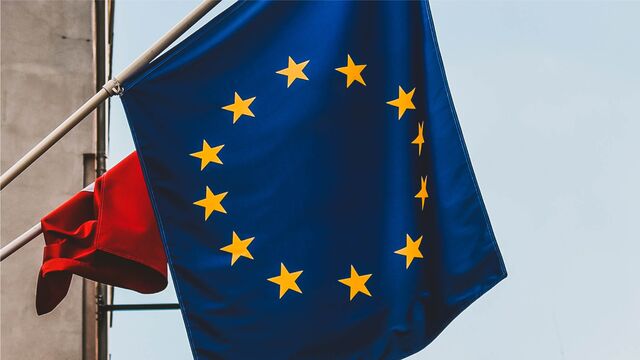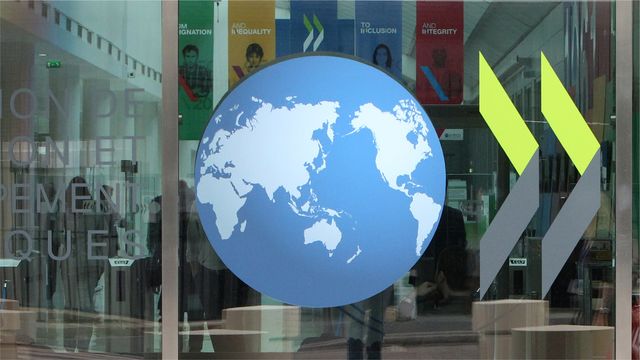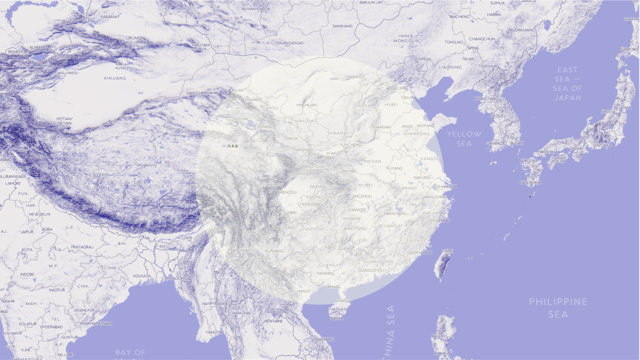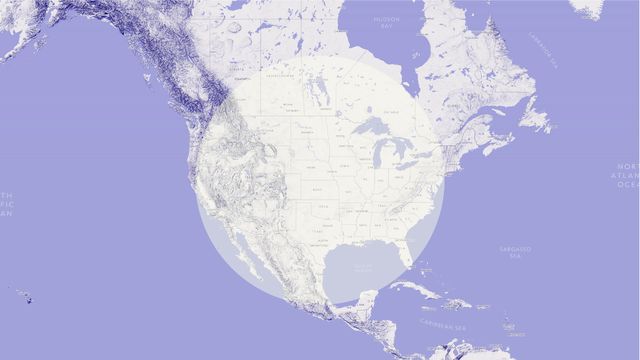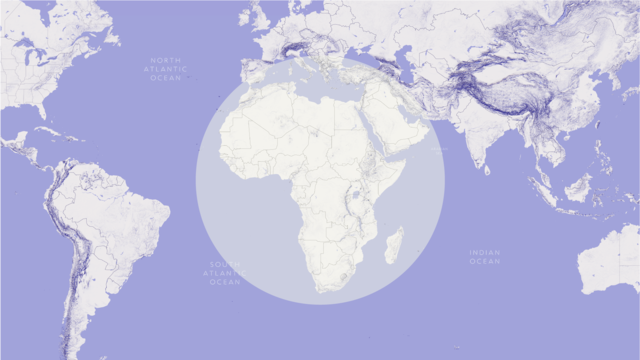What do the shifts in US and Chinese engagement in Africa mean for the EU and Czechia
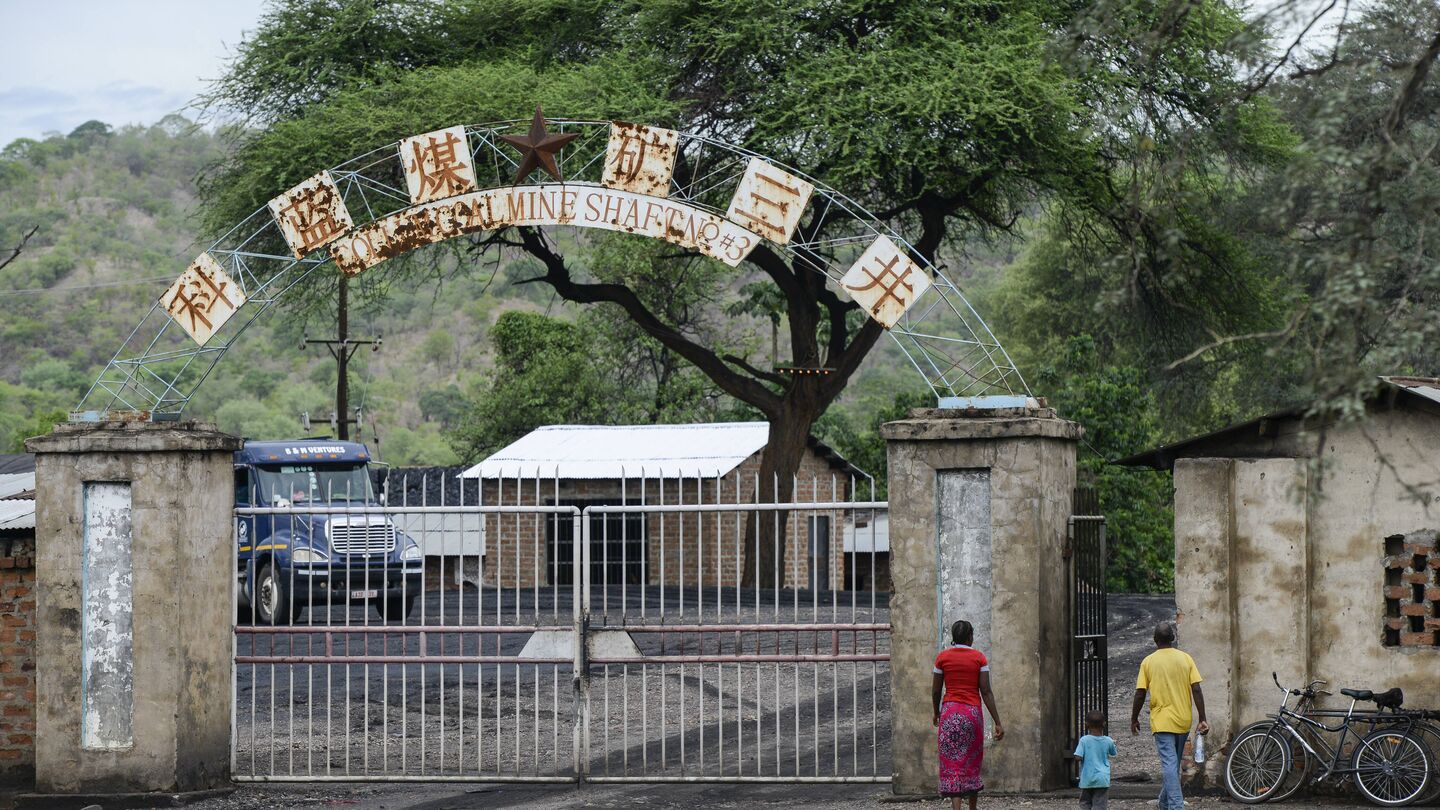
If there is a clearly observable power clash anywhere, it is in Africa. However, the strategies of both China and the US have changed significantly since the Russian invasion of Ukraine. Will the EU be able to find and consolidate its place in Africa's changing environment?
INTRODUCTION
In the shadow of Russia’s disruptive engagement in parts of Africa, both of the major global competitors substantially changed their African policies. While China did not modify its foreign policy narrative, it sharply reduced its bilateral lending. In contrast, the United States changed the tone of its African policy by advancing its priorities rather than counter-reacting to China, but the resources to implement the new policy have not materialised.
Despite a rather negative perception of Europe by African citizens, the European Union remains the single most important global actor on the continent, and it should only be outpaced by China in the domain of trade around 2030. With the historically exclusive and overwhelming presence of the European colonial powers on the continent, however, alternative offers of cooperation made by new and old global actors to Africans are seen as a threat to European influence rather than healthy competition.
As a direct response to China’s Belt and Road Initiative, the Global Gateway, the most important branding exercise of the ‘geopolitical Commission’ of Ursula von der Leyen, shows the hesitance of the European Union in this evolving geopolitical context. As an umbrella for the existing financial and development instruments, the initiative is torn between the Union’s climate leadership and its energy and material needs, between liberal values and the resistance to reforming global institutions, and between political aspirations and bureaucratic rigidity.2 The present analysis of both the American and the Chinese policy sheds light on the space for the European policy towards the fifty-four African countries, and on the place of Czechia in it.
PROBLEM: ANALYSIS
The impact of China on the African economies has been impressive. Since the first Forum on China-Africa Cooperation (FOCAC) in 2000, China’s share of African trade rose from 3 to 20%. Due to an annual 50 billion USD deficit on the African side, the Chinese business presence on the continent is even higher. Cheap Chinese consumer products and machinery, and electronics particularly, have made digital services available to ordinary Africans and improved their outlooks. To the growing surprise and displeasure of the West, China also created intricate value chains in the extraction sector, including those for key materials for the transition towards sustainable energy use at the global level, thus contributing to various extents to the fuller public budgets of its African partners while deepening the economic dependence on selected metals and ores elsewhere.
More importantly for Africa, China massively contributed to the development of its infrastructure. At its peak in 2016, Chinese sovereign lending reached 1.7% of Africa’s GDP. Yet with the growing inability of some African states to pay the debt back, and more generally the economic fatigue at home, Chinese lending fell sharply to an annual 1 billion USD. Notwithstanding the problematic effectiveness and sustainability of some huge infrastructure projects, which were often less in number due to the Chinese suppliers rather than the poor capacity and corruption of many African governments, China keeps its good ratings by African citizens and leaders alike, as attested by public opinion polls and the relative success of the 10th anniversary Belt and Road summit in Beijing, respectively. Indeed, China’s foreign direct investments did not stall and African nations can still count on Beijing as a political ally for the reform of the global financial, economic and political institutions that are dominated by the former colonial and other Western powers.
In sharp contrast to China, the former global hegemon United States of America was not only unable to keep its relative economic footing in Africa, but it even declined in absolute terms. Both the US foreign direct investment and exports peaked in 2014, but have been declining, or, at best, fluctuating since then. The US share in African trade is now at a mere 5 per cent, which is even less than India’s 7%. In contrast to the African policy under the previous administration, characterised by the infamous “s***hole countries” quote of President Trump and his open rivalry with China, Biden’s administration launched a political offensive in this respect and multiplied the visits to Africa. In August 2022 it released the new U.S. Strategy toward Sub-Saharan Africa, where the word China appears only once. Yet while China became an innuendo in the State Department, its negative role in Africa remains exaggerated in the political circles of Washington.
The crucial problem of the recent American return to Africa is that Biden’s administration has not dedicated any additional resources to the policy. Quite the contrary, after a sharp increase to the annual level of 8 billion USD under the Bush administration, the inflation-adjusted American aid to sub-Saharan Africa has surprisingly stagnated under Obama, Trump and Biden alike. In late 2022, the US announced a threeyear 55 billion package for Africa, but its composition is as non-transparent as that of the EU’s Global Gateway. For 2024, Biden asked Congress to release 8 billion USD for Africa. With the current levels of inflation, however, the real value of American assistance is declining, leaving the State Department with fewer resources to implement a more ambitious and diversified agenda.
IMPLICATIONS FOR THE CZECH REPUBLIC / CZECH FOREIGN POLICY
There is a striking parallel between the US and Czech policies towards Africa. Both Biden’s administration and Fiala’s government have approved enhanced, whole-of-government strategies towards Africa and signalled their renewed prioritising of Africa. In 2023, the Czech prime minister, interior minister and foreign minister visited as many as eight countries of sub-Saharan Africa. Geopolitics also play a significant role in the framing of Africa by the political leaders of both the US and Czechia. Especially after the invasion of Ukraine, containing Russia and China in Africa has become a major legitimising narrative for an enhanced engagement of the West, which may be politically counter-productive from African perspectives (see pages 96–102 of the 2023 edition of this series).
In contrast to the United States, which at least kept its nominal budgets, the Czech government directly cut the project bilateral development aid budget by 4 million EUR in 2022, and in addition to this, it cut another 4 million EUR from the funding of the Africa Programme a year later, with all this in times of double-digit inflation. Unfortunately, both countries became victims of the populist anti-Russian and anti-Chinese use of foreign policy for domestic virtue signalling and they show the limits of such negatively constructed regional strategies in terms of mobilising political will for providing them with proportional resources. This foreign policy similarity can be partly explained by the strong Atlanticist orientation of the Czech foreign policy, a tendency which was brought to mind once again by their similar, globally marginal positions on the Israeli-Palestine conflict.
Yet unlike the US, Czechia is a member state of the European Union, the most important external actor on the African continent, and its greatest investor, donor, trade partner and security provider. Even though the war in Ukraine redirected a part of the EU’s resources to the Eastern Neighbourhood, the multi-annual framework of the EU budget allows it to fill in the space left by the US and, more recently, China. This, however, requires the EU to reduce the fragmentation of its approach where the policies are carried out by the European Commission, 27 Member States and two development banks. Czechia and all the other Member States need to support the “policy first” principle across all the available tools and support European unity, including by taming down their historically laden foreign policy idiosyncrasies.
FORESIGHT
It is unclear whether the Chinese lending and investments in Africa will rebound soon.
Unlike its Western counterparts, China has so far rejected haircuts in the African external debt since the Chinese Communist Party is not willing to cross this red line in its heavily indebted domestic economy. Even if the Chinese growth takes off, it is possible that China will continue to give preference to its immediate neighbourhood at the expense of Africa and promote the “small and beautiful” trend of more sustainable projects, and thus converge with other external actors. At the same time, the influence of China has nowhere to go since the International Monetary Fund estimates that a one-point decline in China’s growth rate translates to a 0.25 point decline of that of an average African country. Let us also remind ourselves that the share of China in the external debt of Sub-Saharan Africa is only about 17% (though parts of it are underreported). China’s external role should not be exaggerated, and therefore, the domestic stability and sustainability of the Chinese economy remains key for Africa.
The United States, on its part, remain a key external health provider in Sub-Saharan Africa that takes credit for mitigating the HIV/AID pandemic. The health sector still represents three-quarters, and specifically HIV/AIDS half of its total aid budget. The move towards productive sectors and climate initiated by the Biden administration is hence constrained and for good reasons. Yet, massive job creation, the development of the manufacturing sector and the productivity of agriculture threatened by the climate crisis are the biggest challenges for Africa to which China contributed only marginally. Whoever wins the presidential race in the US in 2024 is unlikely to increase the financial support for Africa substantially. However, the EU and the US can combine resources, build on joint pilot projects such as the Lobito Corridor between Angola, CongoKinshasa and Zambia, and deepen and institutionalise the trans-Atlantic cooperation in supporting pan-African infrastructure, democratic governance and the African civil society while the window of political opportunity is open.
→ China’s economic stability has become substantial for Africa’s development, yet its recently diminished involvement on the continent should not be exaggerated and misrepresented in order to appeal to domestic audiences in Europe and the United States.
→ The European Union should profit from its outstanding trans-Atlantic relations to deepen and institutionalise its cooperation with the United States in promoting job creation, youth empowerment and climate change adaptation on the African continent.
→ Czechia and other Member States should support further convergence and coherence of the EU’s policies towards Africa, including by reforming the European financial development architecture and providing their
bilateral policies with the necessary resources to sustain their credibility.
